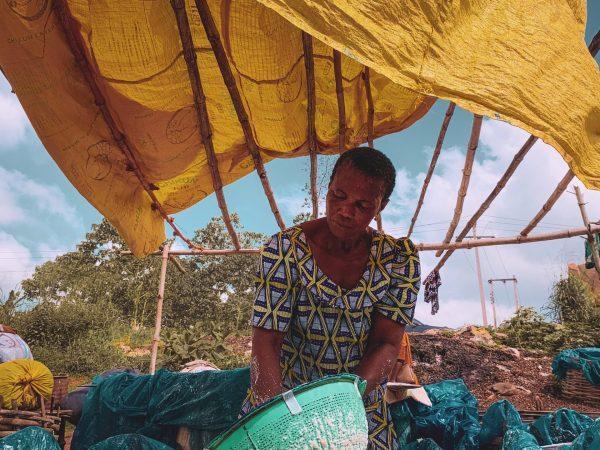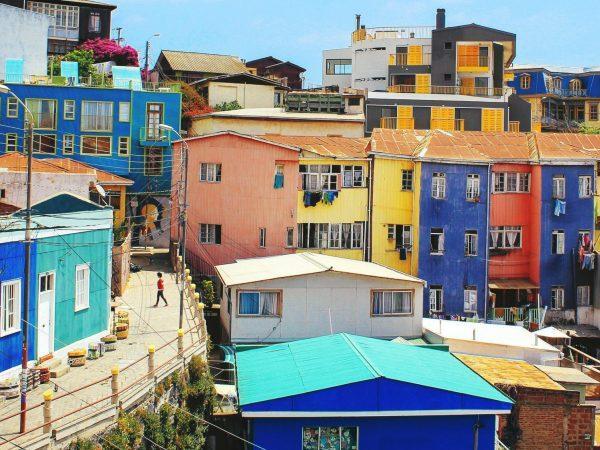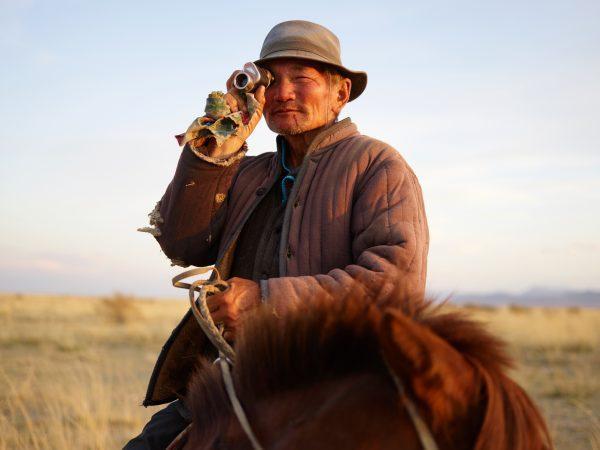Mental Health Financing in African Countries
This activity, which began in five Latin American countries as an effort to support mental health de-stigmatization, communication, and case detection in the wake of COVID-19, crossed the Atlantic Ocean and expanded into the African continent in 2023. After successful engagement with health authorities in Ecuador, El Salvador, Paraguay, Peru, and Uruguay to enhance mental health support provision, insights are being adapted and applied across selected countries in Eastern, Southern, and Western Africa.
Promotion of mental wellbeing is critical to achieving SDG 3.8 (achievement of UHC) and SDG 3.4 (reduce by one-third premature mortality from NCDs through prevention and treatment and promote mental health and wellbeing). Access Accelerated and the World Bank are paving the road to these milestones by demonstrating the potential impact of greater investment in global mental health.
The COVID-19 pandemic impacted public mental health around the world through fear of contagion, social isolation, and concern for others’ suffering. For people living with NCDs, these impacts were compounded by a higher susceptibility to infection and delays in receiving timely diagnoses and treatments for their chronic illnesses. Greater investment in mental health promotion is critical for Africa, which demonstrates the highest rate of suicide among all global regions and is also experiencing concerning growth in alcohol consumption among younger populations. On top of these trends, the mental health workforce across the region is desperately under resourced, with only 1.6 mental health workers per 100,000 population in Africa compared to 44.8 per 100,000 in Europe.
With the expansion of this activity, the World Bank sought to work with countries in assessing the institutionalization and community support for mental health care, build mental health service delivery models in high-burden contexts, and support countries in the identification of sustainable financing and payment mechanisms for mental health services. This effort kicked off in 2023 with an international workshop on Integrating the Response to NCDs and Mental Health in the Context of Building Resilient Health Systems in Africa, where participants from Eswatini, Ethiopia, Ghana, Kenya, Lesotho, Rwanda, Uganda, and Zimbabwe shared their achievements and ongoing challenges in addressing mental health. Among the delegations that participated in the international workshop, counterparts from Lesotho, Rwanda, and Uganda further collaborated with the World Bank to produce country-specific policy notes that highlighted strategic measures and instruments which could be leveraged to address the burden of poor mental health within their borders.
The Uganda study found that stigmatization of mental health remains persistent, and that the availability of services across health facilities, schools, and community settings is clearly insufficient to address peoples’ needs for mental health support. In Lesotho, the study found that one-fifth of the population suffers from mental illness, and that these individuals struggle to receive treatment because of inadequate resources and funding, limited mental health professionals, and a lack of community-based mental health care. The Rwanda study sought to assess integration of mental health services into community systems and primary healthcare. Partners from Rwanda Bio-Medical Centre put this study’s recommendations into action, training 139 school counselors and 18 mental health officers in the identification and management of students affected by common mental disorders.
Lastly, expansion of this activity led to the development of a Comparative Study on Financing of Mental Health and Payment Mechanisms across eight countries including Ghana, Kenya, Lesotho, Rwanda, Uganda, Tanzania, Zimbabwe, and Zambia. Technical support provided by the World Bank incorporates the results of an international survey which it conducted on Mental Health Financing, aiming to provide policymakers and the public with a comprehensive understanding of the current state of mental health financing and strategies to overcome challenges. Access

ENHANCING ACCESS TO KNOWLEDGE AND FINANCING TO SAFEGUARD HUMAN CAPITAL
Many of the World Bank’s projects in partnership with Access Accelerated work to enhance individuals’ abilities to age healthily, particularly by prioritizing access to new knowledge and financing.

PRIMARY HEALTH CARE AS AN AVENUE TO RESPOND TO NATIONAL AND REGIONAL NEEDS
The World Bank is acutely sensitive to the importance of primary health care and several projects funded by Access Accelerated support this first point of care.

HOW READY ARE COUNTRIES TO ADDRESS NCDS AMONG AGING POPULATIONS?
Access Accelerated support enables the World Bank to reimagine care by leveraging its ability to collate actionable evidence and conduct advanced analytical work. The result: a report that guides countries with aging populations to assess their readiness to respond to NCDs.